Coffee is an integral part of many people’s daily routines, providing a much-needed energy boost and a comforting ritual. While traditional coffee makers have dominated the market for years, a new and innovative brewing method has emerged – insect coffee makers. These unique devices harness the power of insects to extract the rich flavors and aromas from coffee beans, resulting in a truly one-of-a-kind beverage experience.
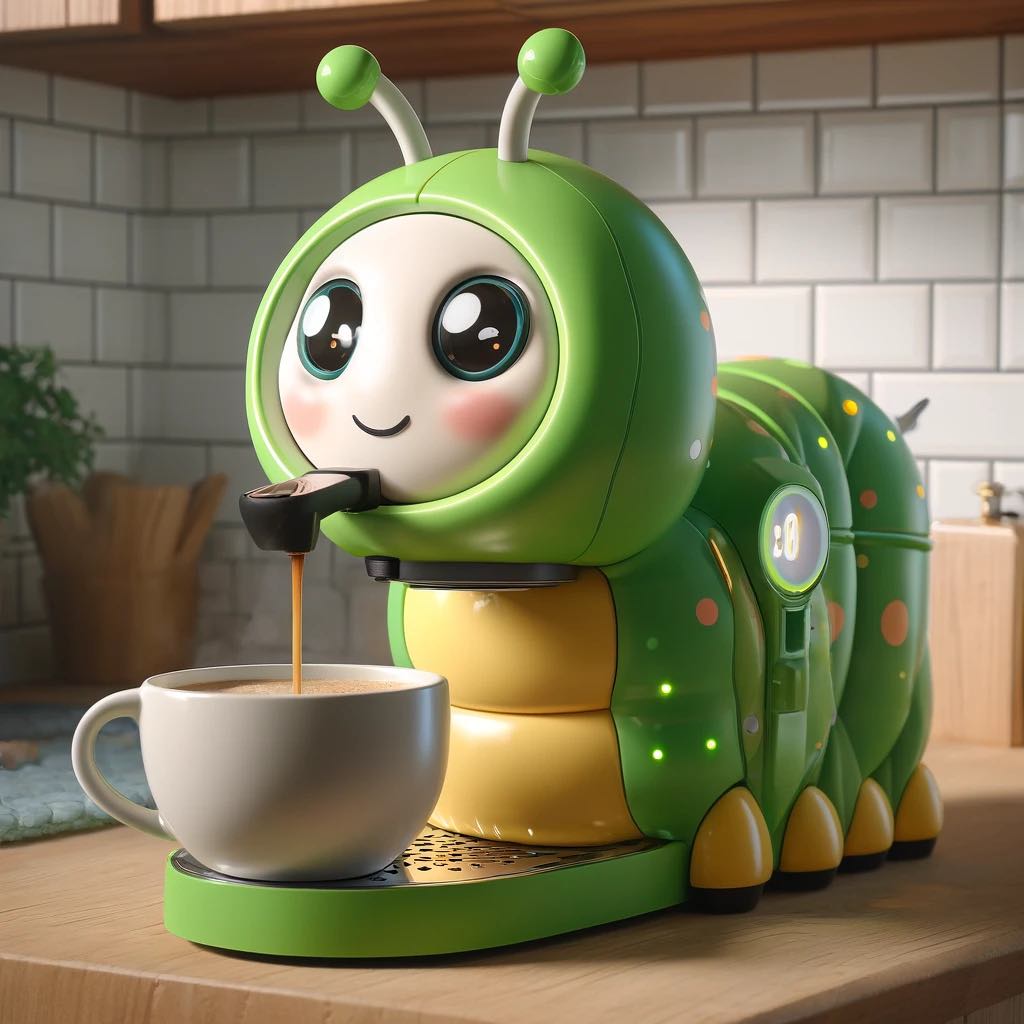
The Birth of Insect Coffee Makers
A Serendipitous Discovery
The concept of insect coffee makers was born out of a chance encounter between a curious scientist and a colony of industrious insects. While studying the behavior of certain insects, the researcher noticed their remarkable ability to extract and process plant-based compounds. This observation sparked an idea – what if these tiny creatures could be harnessed to brew coffee?
Embracing Nature’s Efficiency
Through meticulous research and experimentation, scientists discovered that certain species of insects possess enzymes and digestive processes that can effectively break down the complex compounds found in coffee beans. By carefully controlling the environment and providing the insects with specific coffee beans, they could leverage these natural processes to create a unique and flavorful brew.

A Sustainable Approach
One of the most appealing aspects of insect coffee makers is their eco-friendly nature. Unlike traditional brewing methods that often rely on energy-intensive processes and generate waste, insect coffee makers harness the natural abilities of these creatures, minimizing the environmental impact and promoting sustainability.
The Science Behind Insect Coffee Makers
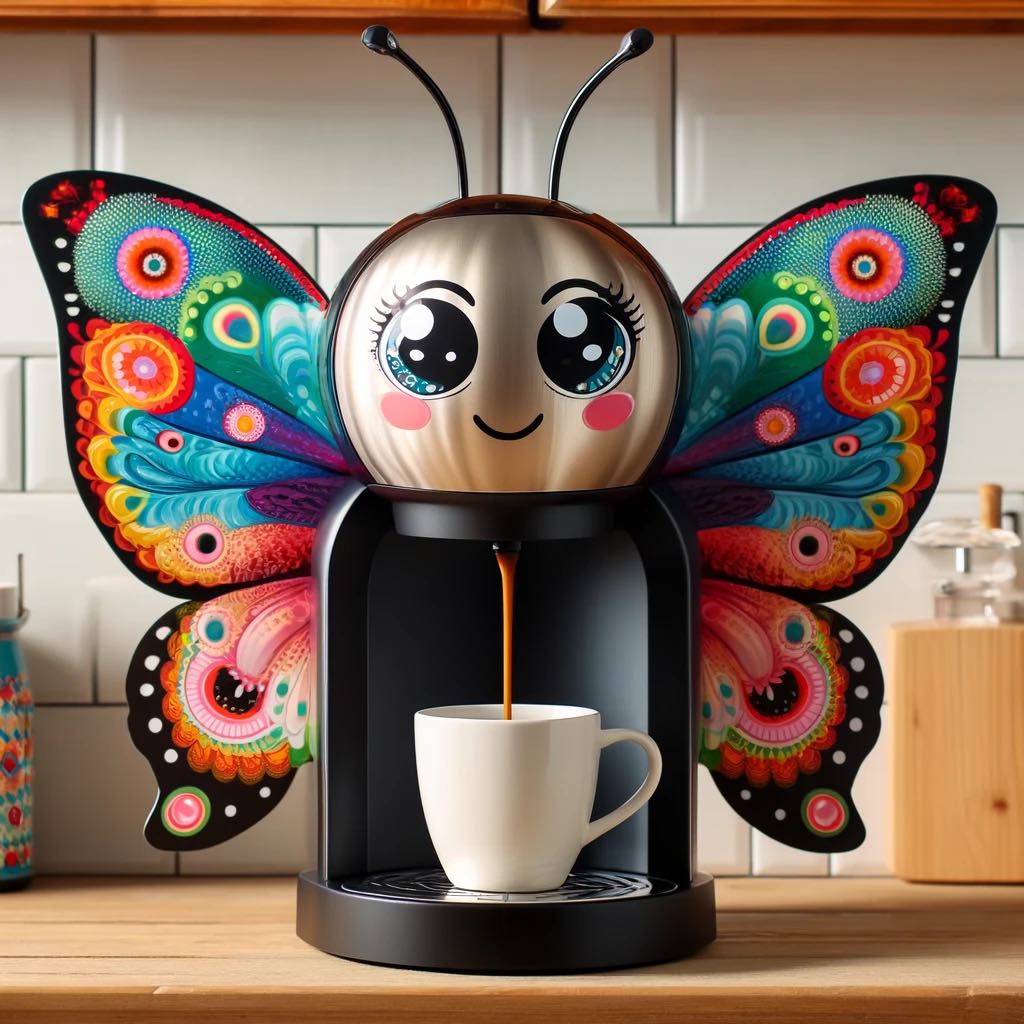
Understanding the Insect Brewing Process
Insect coffee makers work by introducing a carefully selected colony of insects to a chamber containing roasted coffee beans. These insects, which have been meticulously studied and chosen for their specific enzymes and digestive capabilities, then proceed to break down the complex compounds in the beans, extracting the desired flavors and aromas.
| Step | Description |
|---|---|
| 1. Bean Selection | Premium coffee beans are carefully selected and roasted to perfection. |
| 2. Insect Introduction | A colony of specially bred insects is introduced to the coffee bean chamber. |
| 3. Enzymatic Breakdown | The insects’ enzymes and digestive processes break down the complex compounds in the coffee beans. |
| 4. Extraction | The liquid extraction phase separates the desired coffee compounds from the insect byproducts. |
| 5. Filtration | The extracted liquid undergoes a thorough filtration process to remove any remaining particulates. |
| 6. Brewing | The filtered liquid is then brewed using a specialized heating system, resulting in a rich, flavorful cup of insect-brewed coffee. |
The Role of Specific Insect Species
Not all insects are created equal when it comes to coffee brewing. Researchers have identified several species that possess unique enzymes and digestive capabilities that make them ideal candidates for insect coffee makers. Some of the most commonly used insects include:
- Specialized bee species
- Certain beetle varieties
- Select ant colonies
Each species contributes its own unique flavor profile and brewing characteristics, allowing coffee aficionados to explore a diverse range of taste experiences.
Tailoring the Brewing Environment
To ensure optimal performance and consistent quality, insect coffee makers are designed with precise environmental controls. Factors such as temperature, humidity, and air flow are carefully monitored and adjusted to create the ideal conditions for the insects to thrive and effectively process the coffee beans.
The Flavor Exploration

A Diverse Palette of Flavors
One of the most exciting aspects of insect coffee makers is the vast array of flavor profiles they can produce. By varying the insect species, coffee bean varieties, and brewing parameters, coffee enthusiasts can embark on a true flavor exploration journey.
- Floral and Fruity Notes: Certain insect species are adept at extracting delicate floral and fruity notes from the coffee beans, resulting in a refreshing and aromatic brew.
- Rich and Robust Flavors: Other insect varieties excel at unlocking the deep, robust flavors found in darker roasts, delivering a bold and full-bodied coffee experience.
- Unique and Exotic Tastes: The introduction of specialized insect species can lead to the development of entirely new and previously unexplored flavor profiles, pushing the boundaries of coffee appreciation.
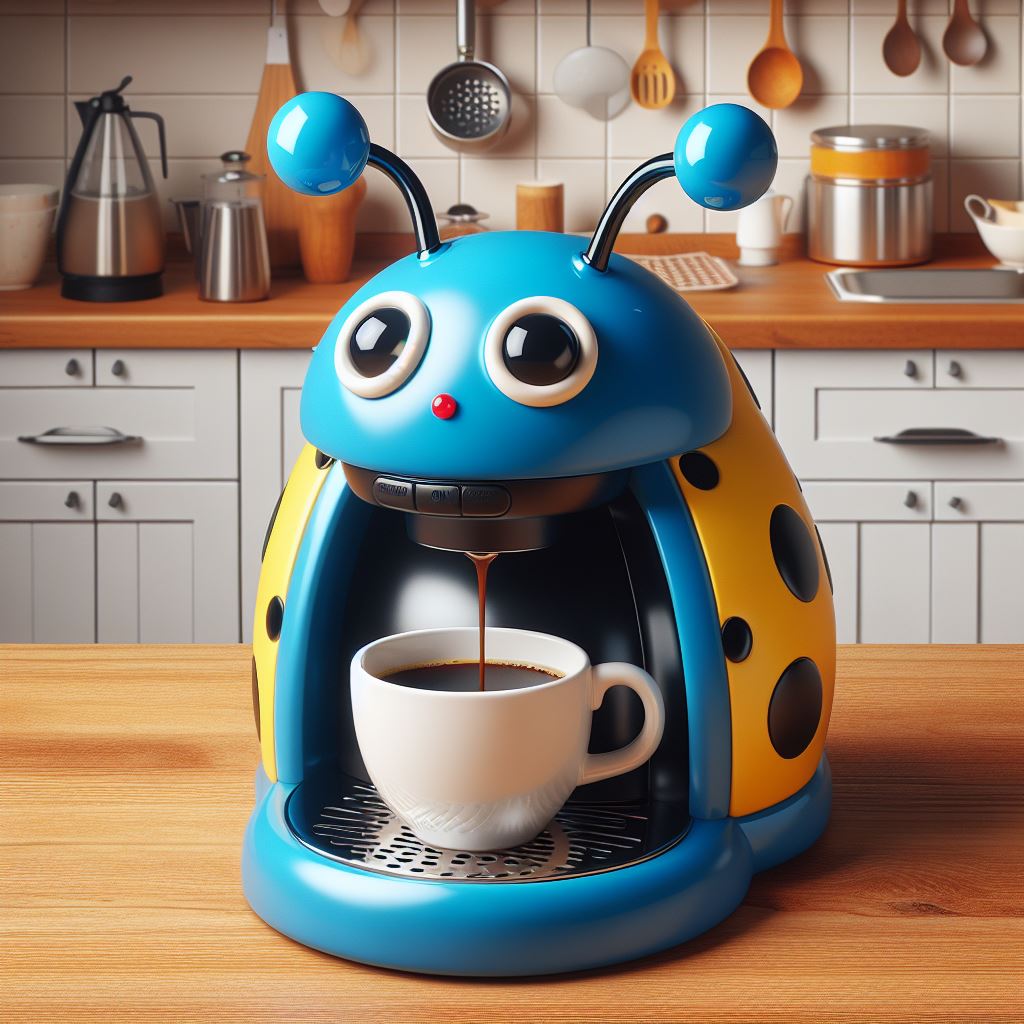
Customizing Your Brew
Insect coffee makers offer coffee lovers the opportunity to customize their brew to their personal preferences. By adjusting factors such as:
- Insect species ratios
- Bean variety blends
- Brewing temperatures
- Extraction times
Individuals can fine-tune their coffee to achieve their desired flavor profile, strength, and aroma.
The Art of Coffee Pairing
Just like traditional coffee, insect-brewed coffee lends itself beautifully to the art of pairing. Coffee enthusiasts can experiment with complementing their unique brews with a variety of foods, desserts, and even spirits, unlocking new dimensions of flavor and creating harmonious gastronomic experiences.
The Ethical and Sustainable Aspects
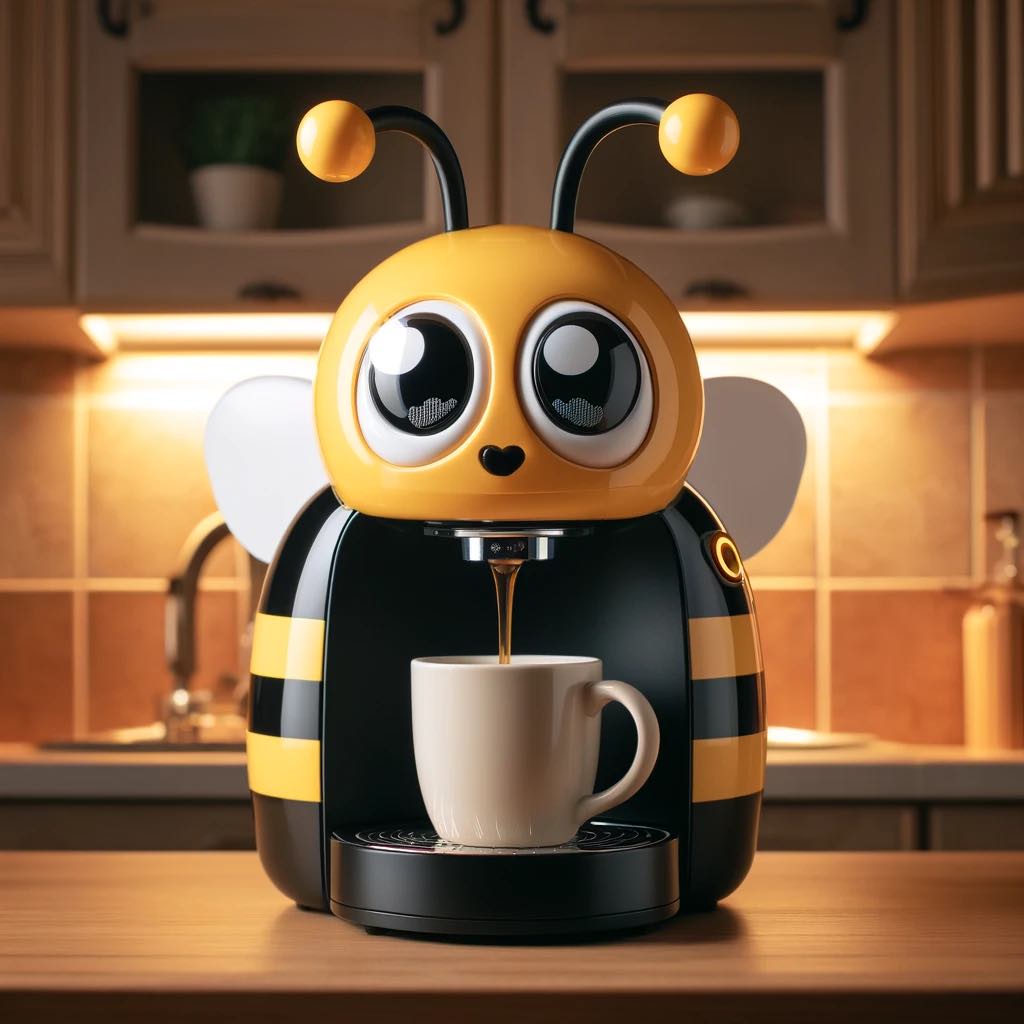
Insect Welfare Practices
As with any endeavor involving living creatures, ethical considerations are paramount in the world of insect coffee makers. Manufacturers and researchers adhere to strict guidelines and best practices to ensure the humane treatment and well-being of the insect colonies used in the brewing process.
- Ethical Sourcing: Insect colonies are responsibly sourced from reputable breeders and suppliers committed to sustainable practices.
- Optimal Living Conditions: The insect habitats within the coffee makers are designed to mimic their natural environments, providing ample space, food, and appropriate conditions for their optimal health and productivity.
- Minimal Disturbance: The brewing process is carefully monitored and controlled to minimize disturbance and stress on the insect colonies.
Environmental Stewardship
In addition to the ethical treatment of insects, insect coffee makers also prioritize environmental sustainability. By harnessing natural processes and minimizing energy consumption, these brewing systems contribute to reducing the carbon footprint associated with traditional coffee production methods.
- Reduced Water Usage: The insect brewing process requires significantly less water compared to conventional brewing techniques, conserving this precious natural resource.
- Waste Minimization: The byproducts generated by the insect colonies are often repurposed or composted, further reducing waste and promoting a circular economy.
- Sustainable Sourcing: Many insect coffee makers strive to source their coffee beans from ethical and environmentally responsible growers, supporting sustainable agricultural practices.
The Future of Insect Coffee Makers
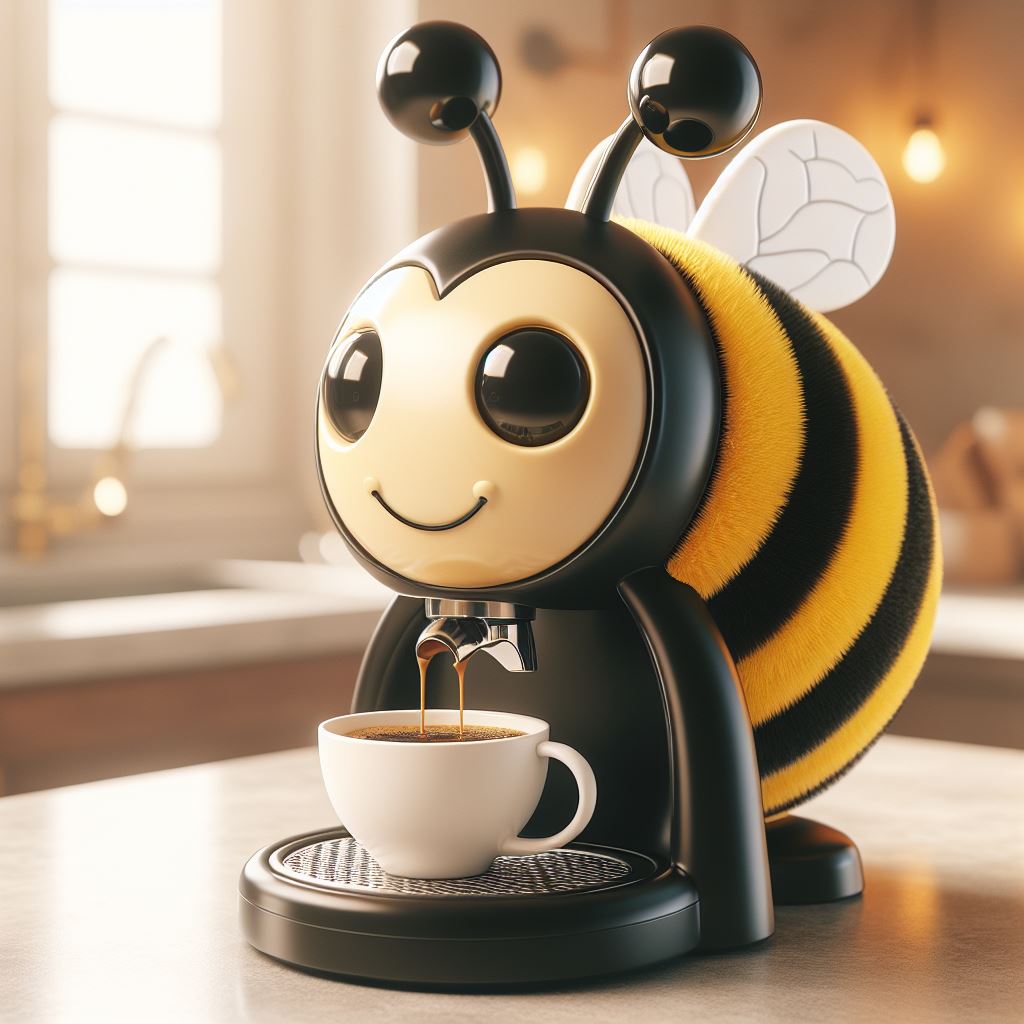
Advancing Research and Innovation
As fascinating as insect coffee makers are, the field is still in its infancy, with vast potential for further research and innovation. Scientists and engineers are continuously exploring new insect species, refining brewing techniques, and developing advanced equipment to optimize the insect brewing process.
- Genetic Engineering: The application of genetic engineering techniques could potentially lead to the development of insect strains with enhanced enzymatic capabilities, improving flavor extraction and brewing efficiency.
- Automated Systems: Advanced automation and robotics could streamline the insect breeding, colony management, and brewing processes, ensuring consistent quality and scalability.
- Collaborative Research: Interdisciplinary collaborations between entomologists, biologists, coffee experts, and engineers will drive the advancement of insect coffee maker technology, unlocking new possibilities and pushing the boundaries of what is achievable.
Expanding Market Reach
While insect coffee makers may currently be perceived as niche or novelty items, their growing popularity and the increasing demand for unique and sustainable products could lead to their widespread adoption in the mainstream coffee market.
- Specialty Coffee Shops: As consumer interest in insect-brewed coffee grows, specialty coffee shops and cafés may begin to incorporate insect coffee makers into their offerings, providing customers with an exceptional and one-of-a-kind brewing experience.
- Retail Distribution: With further advancements in technology and scalability, insect coffee makers could potentially become available for purchase in retail settings, allowing coffee enthusiasts to enjoy the unique flavors at home.
- Educational Initiatives: Manufacturers and industry stakeholders may invest in educational campaigns and tasting events to raise awareness and appreciation for insect-brewed coffee, fostering a deeper understanding and acceptance of this innovative brewing method.
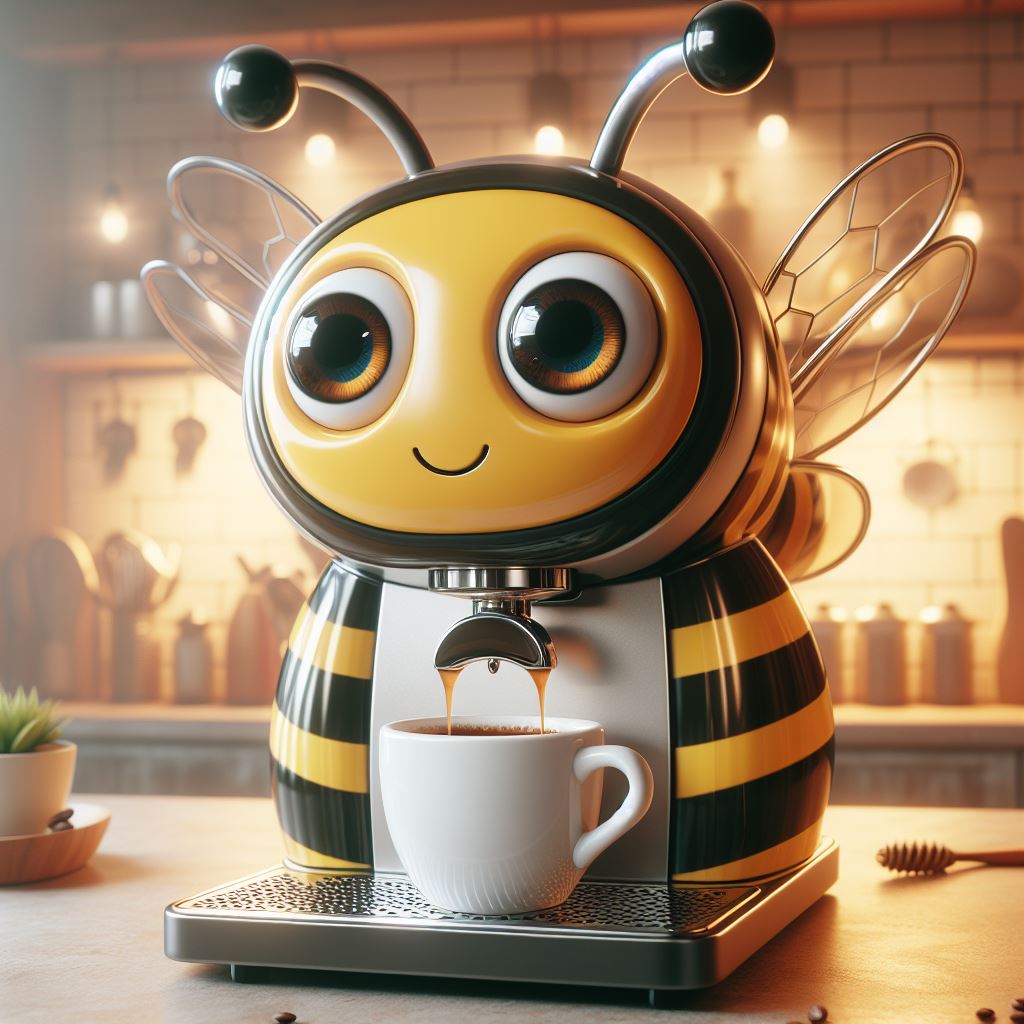
Conclusion
Insect coffee makers represent a fascinating and innovative approach to brewing coffee, merging nature’s efficiency with human ingenuity. By harnessing the power of carefully selected insect species, these unique devices offer coffee enthusiasts a truly distinct and sustainable brewing experience.
From the diverse flavor profiles to the ethical and environmental considerations, insect coffee makers challenge traditional conventions and invite coffee lovers to embark on a journey of discovery. As research and innovation continue to advance, the future of insect-brewed coffee holds exciting possibilities, promising to captivate taste buds and redefine the way we appreciate this beloved beverage.
Whether you’re a seasoned coffee connoisseur or a curious explorer seeking new flavor frontiers, insect coffee makers offer an opportunity to buzz into your day with adelicious cup of coffee that’s as unique as it is sustainable. So, why not take a leap into the world of insect-brewed coffee and savor the flavors of innovation?



